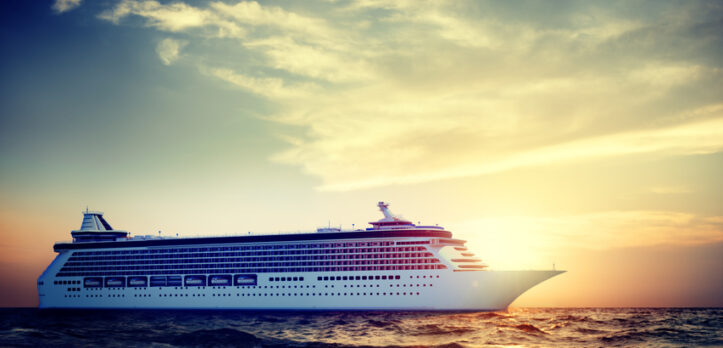
When Cruise Vacations Turn Dangerous: What Recent Accidents Mean for Passengers’ Legal Rights
Cruise ships are marketed as floating paradises—resorts at sea promising endless entertainment, relaxation, and adventure. But the headlines over the past year tell a different story. From slip-and-fall injuries on slippery decks to passengers suffering medical emergencies with delayed care, cruise vacations don’t always go according to plan. When accidents happen, passengers often face not only physical pain but also a confusing maze of legal issues.
As recent news has shown, understanding your rights after a cruise ship accident is essential.
Recent Accidents Making Waves
The past few months have seen several high-profile incidents that highlight the risks passengers face:
-
Slip-and-Fall Claims – A Florida passenger filed a lawsuit in June after a fall on a wet gangway left her with lasting injuries. Slippery surfaces are one of the most common hazards on cruise ships, especially in areas near pools and dining halls.
-
Medical Delays at Sea – In August, reports surfaced of passengers who claimed they did not receive timely medical treatment during emergencies. Onboard medical staff are often limited in what they can do, and delays can worsen injuries.
-
Shore Excursion Accidents – In another recent case, passengers were injured during a bus excursion arranged by the cruise line. Many travelers don’t realize that cruise companies can still bear responsibility for accidents that occur off the ship when excursions are part of the package.
These incidents are not isolated. In fact, the U.S. Department of Transportation tracks maritime accidents and has documented a steady flow of injuries involving large cruise lines.
Why Legal Cases Are Complex
Unlike an accident on land, a cruise ship accident can involve multiple layers of law:
-
Jurisdiction Issues – Many tickets specify that lawsuits must be filed in certain courts, often in Miami, regardless of where the passenger boarded.
-
International Waters – If the accident happened at sea, maritime law may apply rather than state law, complicating how claims are pursued.
-
Cruise Line Contracts – Passenger contracts often contain clauses that limit liability, making it harder for injured travelers to recover damages.
This complexity is exactly why passengers benefit from legal guidance. According to the American Bar Association, maritime and admiralty law is one of the most specialized areas of practice.
What Passengers Should Do After an Accident
If you or someone you love is injured on a cruise, quick action can make a difference:
-
Report the Incident Immediately – Notify the ship’s staff and ensure the accident is logged in official records.
-
Document Everything – Take photos of the scene, your injuries, and any hazardous conditions. Collect contact information from witnesses.
-
Seek Medical Attention – Even if onboard treatment is limited, request a medical evaluation and keep all records.
-
Do Not Rely Solely on the Cruise Line – Cruise companies are businesses, and their goal is to protect themselves from liability.
-
Consult a Lawyer Experienced in Cruise Ship Accidents – Time limits for filing claims can be shorter than for other personal injury cases, sometimes as little as one year.
For more details on how federal maritime rules affect cruise passengers, the U.S. Maritime Administration provides useful guidance.
The Bigger Picture: Safety Concerns in the Cruise Industry
While cruise lines have made efforts to improve safety, critics argue that more needs to be done. Crowded conditions, older ships, and high staff turnover can all increase the risk of accidents. Organizations like Cruise Law News regularly track incidents ranging from onboard fires to passenger disappearances, underscoring the fact that these risks are not rare occurrences.
Passengers deserve transparency and accountability. When companies fail to provide safe conditions, legal action is often the only way to drive change.
Protecting Your Rights at Sea
Cruises should be remembered for sunsets, not lawsuits. But when accidents strike, passengers have a right to hold negligent parties accountable. Whether your injury happened onboard or during a cruise-sponsored excursion, legal help can make the difference between a denied claim and fair compensation.
If you’ve been injured while on a cruise, don’t wait. National Cruise Ship Accident Lawyers can help you understand your rights and pursue justice, no matter where your journey began.


